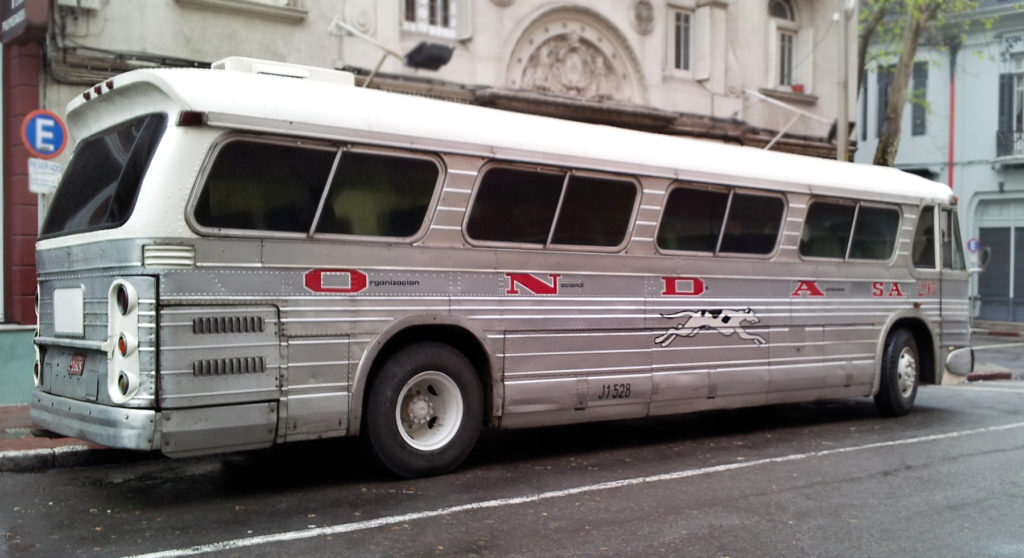Translators have a very intimate relationship with words. We are hypersensitive to nuance, tone, connotations, register… It’s something we are particularly aware of at those moments when we hit on that perfect translation, the word or phrase that captures the original – whether directly, because they match those of the original – or indirectly because the translation finds a different way to achieve the same effect.

But words can have deeply personal associations, too. Back in 2001, my partner was pregnant with our first child, and we attended a local antenatal class. We became friends with another couple, and our son was born a day before theirs. They were both big lads, weighing in at over 4 kg. But while our son, Sam, was contented and tranquil, our friends’ son, Robert, was of a more nervous disposition. He wasn’t keen on sleeping through the night (or at all, really), he jumped up and down when he was meant to be feeding, he puked relentlessly, and he generally did his best to use up more energy than he consumed. When the boys moved onto solids, Sam was happy to be spoonfed but Robert insisted on feeding himself, and most of his food ended up on the floor or in his hair. Predictably, by the time they were around one year old, Sam had put on a lot more weight than Robert.
Whenever I saw Robert’s father, Alan, he would greet me with the words, “How’s the behemoth?” a reference to my thriving firstborn – and a nod at his own son’s demanding approach to being parented. (When I asked Alan how he was, he would just roll his eyes and say “pretty tired!”; he hadn’t had a decent night’s sleep since before the birth.) “The behemoth” soon became a temporary nickname for our son. There was added irony from the fact that Alan, himself, was something of a behemoth – 6’4”, solidly built – whereas I’m 5’10” and wiry at most.
Some years later, by which time the boys had grown into hefty teenagers, I got a phone call from Alan. We’d drifted out of touch, and I was really pleased to hear from him. And then Alan told me he’d had some bad news. He’d recently been to the doctor and he’d been informed he only had months to live. It’s a cliché, but in this case it was true: I didn’t know what to say. In my defence, I should also mention that Alan had form. He was one of those people who was always making deadpan comments and, along with my sense of shock was a real doubt: was this news just another one of Alan’s jokes?
It wasn’t. Alan had an inoperable brain tumour, although palliative care gave him another year of life. We renewed our friendship but when I look back on that last year, it is always tinged with the sense that we never really spoke about the things that mattered: death, obviously, fatherhood, but also our friendship – the way it had drifted and then renewed. Perhaps that was okay. I don’t know.
What I do know is that the word “behemoth” will always make me think of Alan, of that year we shared – the first in our sons’ lives – and also of that other year we had together, his last. A few weeks ago I had to translate the phrase mole rodante (= rolling hulk) in reference to a bus. I think my translation, wheeled behemoth, captures that rather nicely. And it also allowed me to pay tribute to my friend.